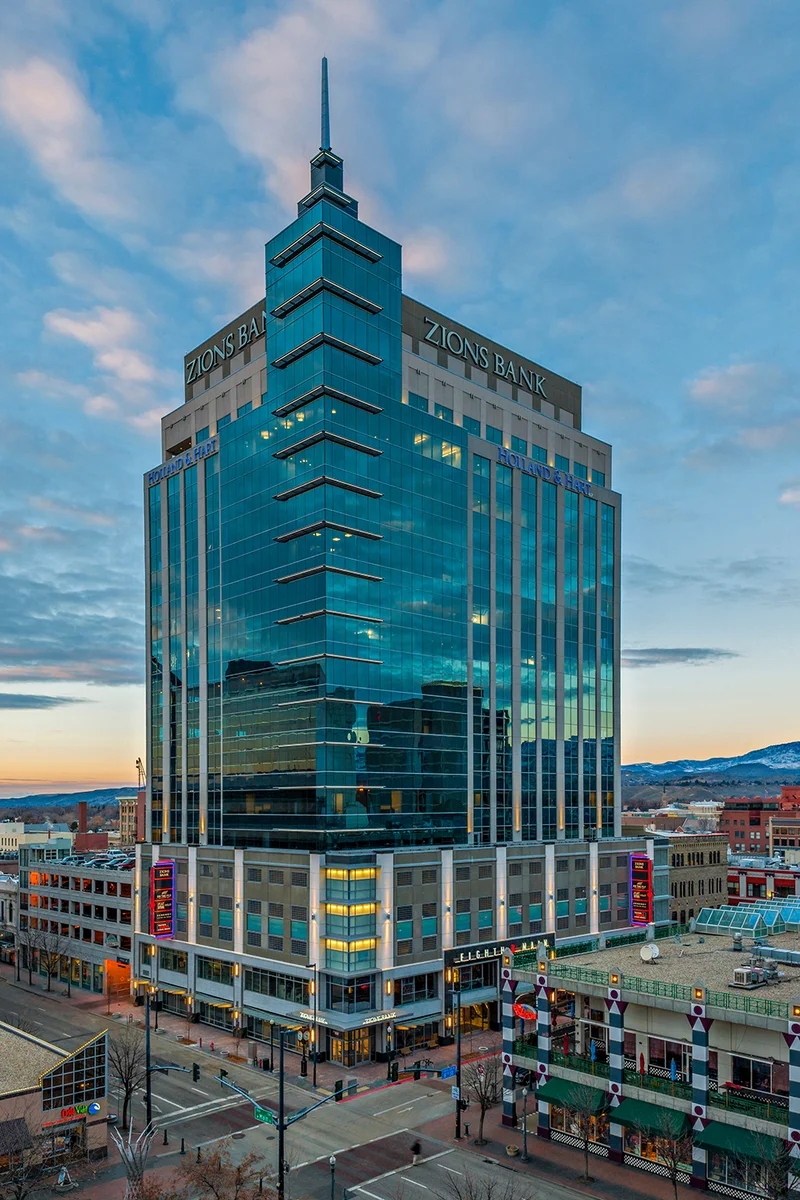Zions Bank's $50M Fraud Mess: What We Know About the Stock Drop and Customer Panic
So, Zions Bank got taken for $50 million. Let me rephrase that. A major regional bank, the kind of place your uncle who owns a hardware store trusts with his life savings, just admitted it got duped by a "sophisticated fraud."
"Sophisticated." That's the word they use when they want to sound like they were outsmarted by James Bond, not by some grifter who probably just faked a few invoices. Give me a break. Zions built its entire reputation on being the expert in exactly these kinds of commercial loans. This is like a five-star chef getting food poisoning from his own signature dish. It’s not just embarrassing; it tells you something is fundamentally rotten in the kitchen.
And offcourse, the market reacted predictably. The `zions bank stock` took a nosedive, wiping out who knows how much in shareholder value. But this isn't just another blip on a stock ticker for Wall Street day traders to panic over. This is a bright, flashing warning light on the dashboard of a system where US regional bank stocks fall amid Wall Street concern over credit markets, and most people are still just humming along to the radio.
One Cockroach, Then a Thousand
JPMorgan CEO Jamie Dimon—a guy who I’m pretty sure is a sentient Excel spreadsheet—actually said something useful this week. He said, "when you see one cockroach, there are probably more."
Let's unpack that. This isn't just a folksy warning. This is the king of the castle admitting the place is infested. The Zions "oopsie" wasn't a one-off. On the same day, another regional bank, Western Alliance, announced its own fraud lawsuit. Suddenly, it’s not just one cockroach; it’s a whole damn party under the floorboards.
These banks are supposed to be the bedrock of local economies. They handle the loans for small businesses, the mortgages for families. We're told they're the "safe" ones, the ones connected to our communities, not like the faceless behemoths in New York. But what does it mean when the so-called experts at `Zions Bank Corp` get played this easily? What does it say about their risk management, their oversight, their basic competence?
This is a bad situation. No, 'bad' doesn't cover it—this is a five-alarm dumpster fire of incompetence. If the guys who specialize in this stuff can get hit for $50 million, how many other banks are sitting on similar time bombs they just haven't found yet? How many more "sophisticated" frauds are lurking in loan portfolios across the country, just waiting for the next quarterly report to go boom?
The "Shadow Banking" Boogeyman Is Real
And if you want to see the real horror show, look at the First Brands bankruptcy. This auto parts supplier somehow had liabilities between $10 and $50 billion against assets of maybe a tenth of that. Then, poof, $2.3 billion of the company's assets just "vanished."

Vanished. Like a magic trick.
This is the endgame of what the finance nerds call "shadow banking." It's the unregulated, back-alley casino where companies get financing using weird collateral like unpaid invoices. It's a system built on trust and paperwork that, it turns out, is as sturdy as a wet paper bag. And guess who was playing in that casino? Regional banks like Jefferies, which now has hundreds of millions in exposure.
It's all connected. The Zions fraud, the Western Alliance suit, the First Brands implosion—they're all symptoms of the same disease. A financial system obsessed with growth and private credit, with absolutely no one doing the boring, necessary work of actually checking if the money is real. Everyone’s just passing the buck, collecting their fees, and praying they aren't the one holding the grenade when it finally goes off. Then again, maybe I'm the crazy one here for thinking a bank's primary job is to, you know, not lose a fortune on an obvious scam.
Your FDIC Sticker Ain't Magic
Now, here comes the part where the government and the banking PR machine pat us on the head and say, "Don't worry, your deposits are safe! The FDIC has your back!"
Sure. My checking account is probably fine. But that’s like saying you don’t have to worry about the Category 5 hurricane because your front door has a good lock. The immediate danger isn't that you'll lose your deposit tomorrow. The real danger is the slow, creeping rot that this reveals.
When banks like Zions get spooked, what do they do? They stop lending. The small business owner who needs a loan to expand can't get one. The family trying to get a mortgage gets rejected. The entire economic engine of a community starts to seize up, all because the people in charge were asleep at the wheel. The `zions bank news` today becomes the town's foreclosure news in six months.
They tell us to stay informed and trust the process, but honestly... what process? The one that let this happen in the first place? The one where regualtors only show up after the building has already burned to the ground? Trust is earned, and these institutions have been setting fire to theirs for years. They haven't learned a thing since 2008.
So We're Just Supposed to Trust These Guys?
Let's be real. This isn't a story about a few bad loans. It's a story about systemic fragility. It's about a culture of "move fast and break things" applied to the one industry that absolutely, positively should not be breaking things. We're living in a financial system built on a foundation of sand, and every now and then a wave comes and washes a little bit more of it away. The bankers get their bonuses, the executives apologize, and we're the ones left to deal with the mess. They’re not fixing the cracks; they’re just selling us better paint. And we're the ones who have to live in the house when it finally collapses.
